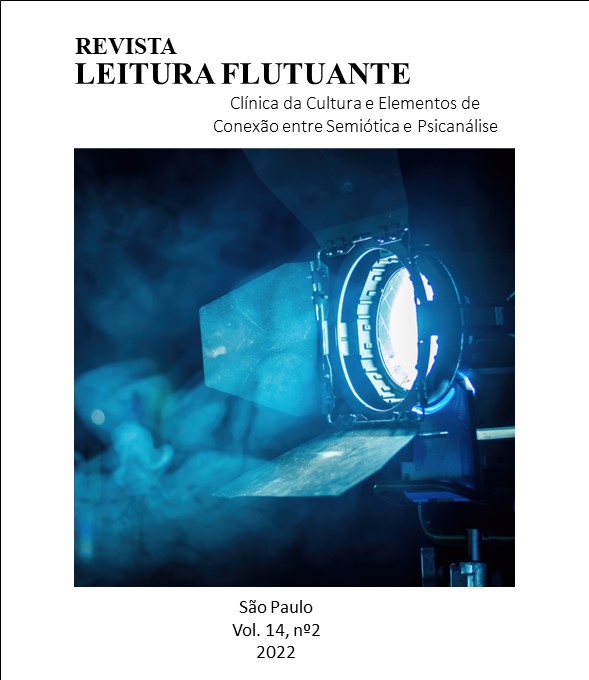Humor contra o fim do mundo:
o tempo para pensar o ser e suas experiências
Keywords:
fim do mundo, experiências humanas, humor, sobrevivência, tempoAbstract
Abstract: This article seeks to demonstrate how some cultural symptoms point to a kind of hope revealed at “the end of the world”. Through humor as an expression of the prevalence and indestructibility of the ego, a relation is stablished with the little survivals of human experiences among the chaos and fragmented discourses of our hurried, volatile, hyperconnected contemporary society. The relation is established from the song It's The End Of The World As We Know It (And I Feel Fine), by the band named R.E.M., which had a considerable rise in streaming services in early 2020, when the covid-19 world pandemic settled.
To bring such parallels, authors such as Freud, Didi-Huberman, Marcondes Filho and Heidegger dialogue, pointing out the paradox of speaking at the end of the world from humor and time necessity, which can be seen as a way of survival of little experiences, a voice of resistance, laughing at the world and its dangers faced by our human fragility.
Keywords: end of the world; human experiences; humor; survival; time.
Downloads
Published
How to Cite
Issue
Section
License
Proposta de Política para Periódicos de Acesso Livre
Autores que publicam nesta revista concordam com os seguintes termos:
- Autores mantém os direitos autorais e concedem à revista o direito de primeira publicação, com o trabalho simultaneamente licenciado sob a Licença Creative Commons Attribution que permite o compartilhamento do trabalho com reconhecimento da autoria e publicação inicial nesta revista.
- Autores têm autorização para assumir contratos adicionais separadamente, para distribuição não-exclusiva da versão do trabalho publicada nesta revista (ex.: publicar em repositório institucional ou como capítulo de livro), com reconhecimento de autoria e publicação inicial nesta revista.
- Autores têm permissão e são estimulados a publicar e distribuir seu trabalho online (ex.: em repositórios institucionais ou na sua página pessoal) a qualquer ponto antes ou durante o processo editorial, já que isso pode gerar alterações produtivas, bem como aumentar o impacto e a citação do trabalho publicado (Veja O Efeito do Acesso Livre).


